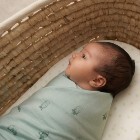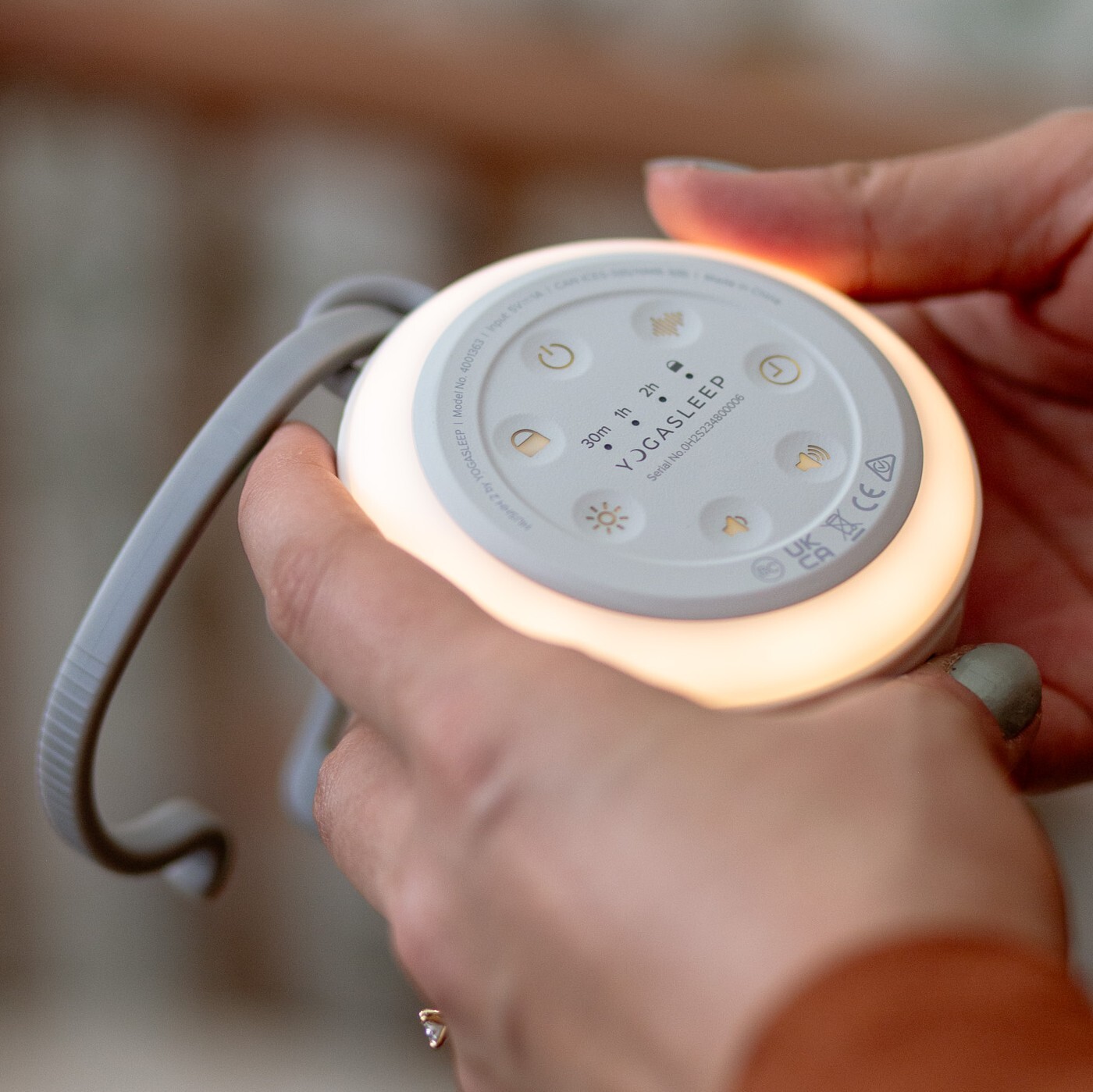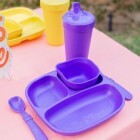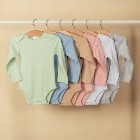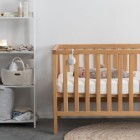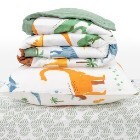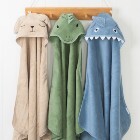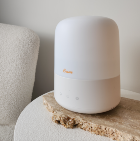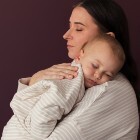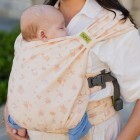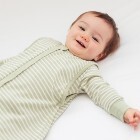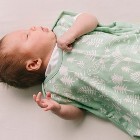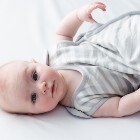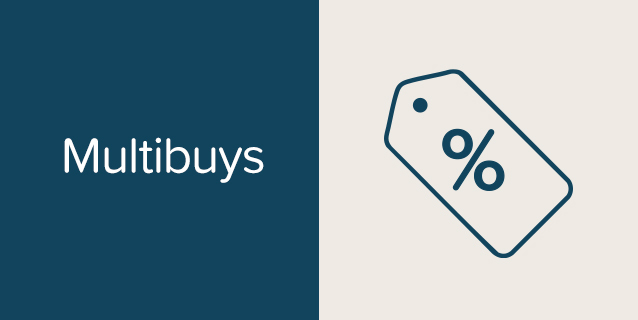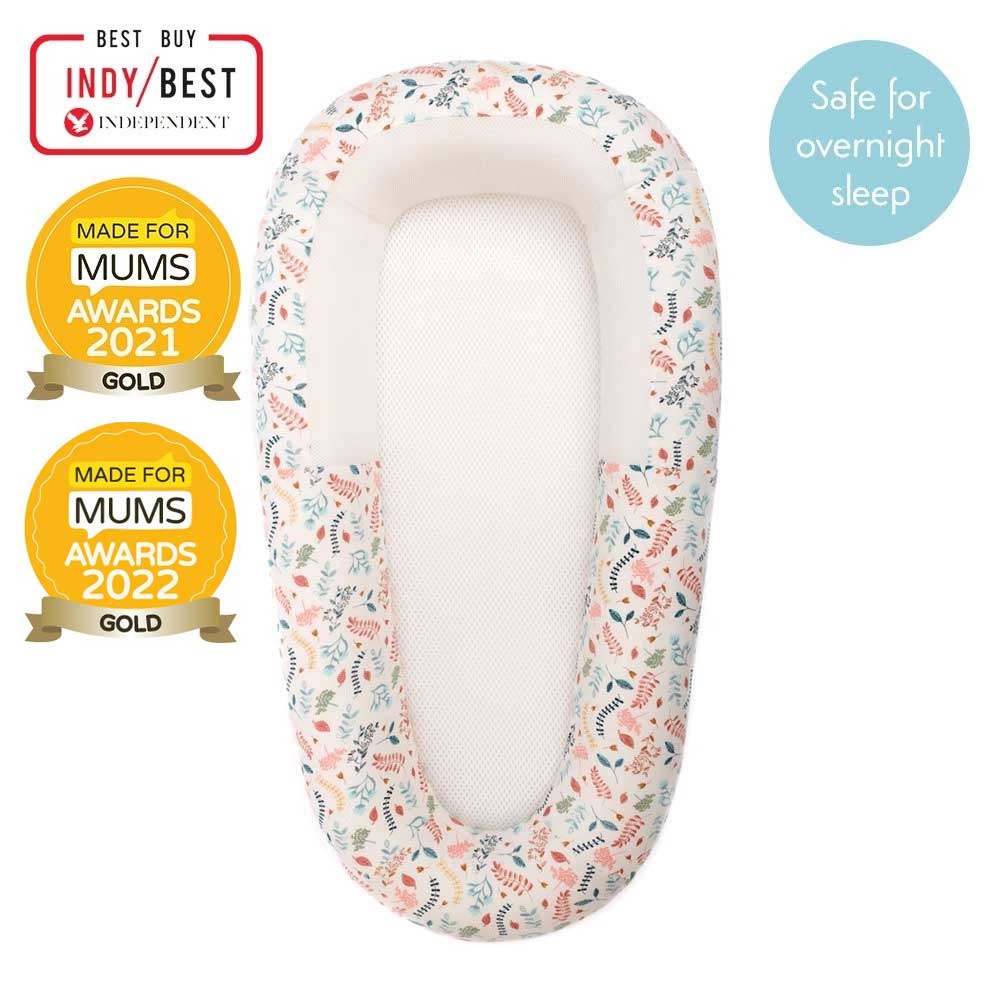Travelling with a newborn baby can be an adventure in itself. Aside from being out of your comfort zone, there’s a whole load of paraphernalia that comes with a baby that you suddenly need to think about. But, fear not, a little planning and thought can make it much easier to get away and enjoy yourself when you’re away
Travelling with a newborn baby
When can newborn babies travel?
It’s up to you as a parent how soon you travel with your newborn baby. Babies will usually have their first trip in a car at a day or two old when on their way home from hospital, but taking a longer trip needs a bit more planning and you may want to wait a few days or weeks before undertaking a longer car journey or travelling by plane.
Newborns can generally travel on an aeroplane once they are 7 days old, however this varies by airline and should be checked before booking your ticket. Additionally, there can be lots of bugs when travelling by air, so it’s often recommended to wait until their immune systems are a little stronger before embarking on their first flight.
Driving long distance with a newborn
Car seats are designed to keep babies safe whilst travelling in a car; they are not designed as a safe sleep space. A car seat capsule is curved, whereas babies should sleep flat on their backs, allowing their airways to be clear. So, whilst it’s tempting to try and get to your destination in one go, it’s safer to stop frequently and take your baby out of the car seat for a period of time. If your baby usually has a long nap and will stay asleep in their car capsule for their long nap, it’s a good idea to have another adult sit in the back with the baby or use a car seat mirror so you can keep an idea on baby and ensure their airways are clear.
If you have a shorter journey, it’s a good idea to try and time your journey with nap time so your baby will sleep for at least part of the journey and reduce the chance of baby becoming unhappy from being cooped up for so long. An unhappy baby can be a major distraction when driving, so it’s important to try and avoid this.
If you have a longer journey, plan ahead to identify good stopping points for you and bubs - think easy parking, baby change facilities, and of course, great coffee! If you’re travelling with an older child, then a playground or at least a safe open field to run around is another must for your stop.
How to keep bubs safe and happy in the car
- Check the car seat is installed properly. You can find a child restraint technician here.
- Blockout the sun with a car window shade
- Use a mirror so you can keep an eye on bubs if you’re sitting in the front seat
- Keep their favourite comforter or toy within easy reach and have some spares available, ready for the inevitable throw to a spot you can’t reach. Comforters are not recommended for sleep or unsupervised use until baby is 7 months or older.
- Take a light blanket to cover the baby’s knees and keep them warm. Always use a blanket above the seatbelts, never below. And never use a sleeping bag, swaddle or thick, padded jacket under the straps of the car seat.
- If you regularly use white noise at home, take it in the car and clip it to the baby's car seat. There are many portable options available.
Flying with a newborn
Navigating an airport, not to mention a flight - especially long haul, may seem daunting, but it can also be an adventure and, with a little planning, can be a breeze.
First of all, check with your airline for any specifics, such as whether you can take a car seat, how much extra luggage you’re allowed and if you can make use of the bassinet. Depending on whether you’re travelling short or long haul, it may be a good option to take your child’s capsule or car seat. Some models can be used in aeroplane seats and it may be the safest, simplest option for safe travel when you get to your destination - it’s also a familiar space for your bubs.
If you’re travelling long-haul and are lucky enough to get a bassinet, take your baby’s sleeping bag or swaddle and white noise to create a sleep environment that’s as similar to home as possible. If your baby is 7 months +, a comforter or lovely or using mum or dad’s t-shirt can also help create a familiar smell in the bassinet as well.
If you're travelling with two adults, consider having one adult board first to prep the seats and to store key items within easy reach, leaving the 2nd adult and baby to board last - avoiding a stampede of people and being cooped up on the aircraft longer.
To navigate the airport, we highly recommend a baby carrier. The busy, noisy environment of an airport can be overwhelming for little babies, so keeping bubs close will help them feel safer and more secure. You’ll also have both hands available to carry bags, passports, or coffee! A stroller may be handy, but you’ll likely need to check this before security, unless it’s an umbrella pram, however a carrier such as a Boba Air is light, packs down small and able to go all the way.
How to keep your baby’s ears from popping
To help your baby manage their ears on take off and landing, it’s best to breastfeed or bottle feed your baby on take off and landing. The sucking action and swallowing helps to equalise pressure in the ears as the aircraft's altitude changes. If your baby uses a dummy then you can offer this for take off and landing and it will help in the same way.
What to do when you arrive at your destination
It can be hard to keep your usual routine when away, but there are things you can do to keep disruption to a minimum.
Recreate your newborn’s sleep environment
Keep their sleep environment as close to home as possible. Use their usual sleeping bag or swaddle, stick to the same white noise and same routine. Using blackout blinds or a travel cot shade cover may also help remove the distraction of unfamiliar environments and noises if you’re using a travel cot.
Aim to have at least one good nap a day wherever you are staying. If you can get one good nap, especially if it’s the first nap of the day, baby can likely cope a bit better with a shorter or later nap later on in the day. If the first nap of the day is shorter or disrupted somehow, bubs may end up being cranky the whole day.
Be Flexible With Your Plans
Whilst you may be used to packing in as much as possible when you’re on holiday, times have changed and it’s important to be flexible when you have a little baby.
Thinking about what you want to do and forming a loose plan is likely the best option as this gives you flexibility to change your plans if baby' has had a rough night or is not settling well due to unfamiliar environments. It’s time to slow down and enjoy your time as a family.


